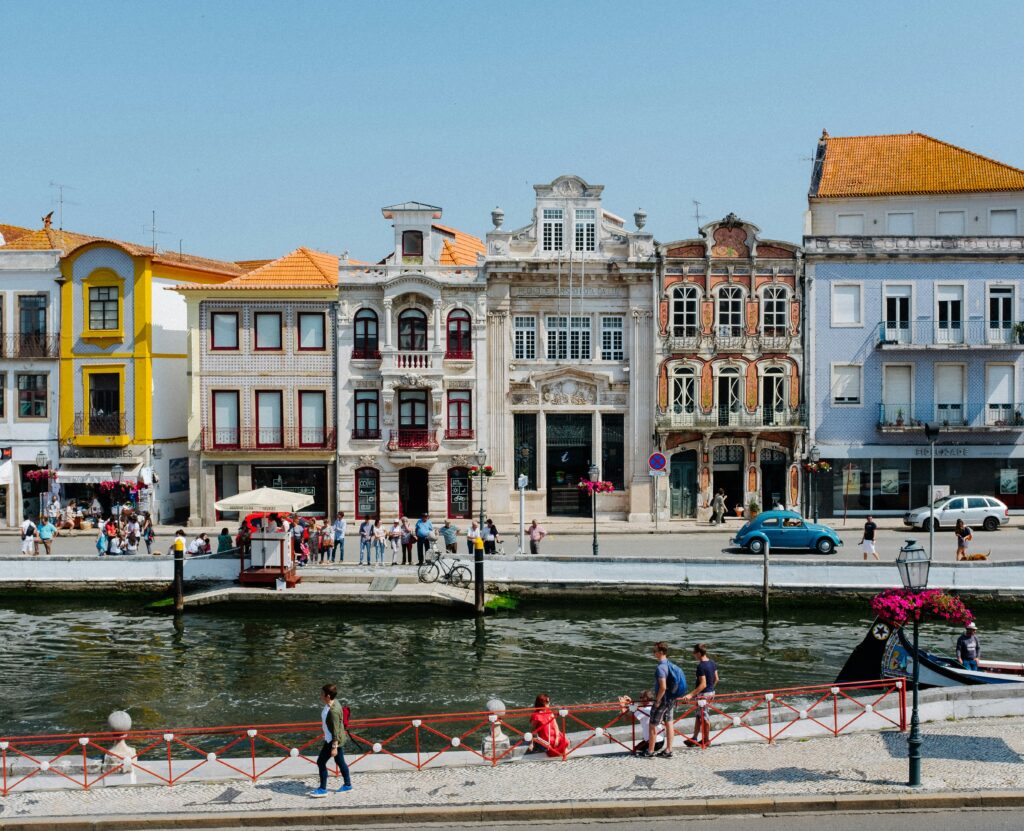
New Regime for Non-Habitual Residents in Portugal [2023/2024]
On the new regime for Non-Habitual Residents (NHR) in Portugal
On October 10, the Portuguese government proposed the end of the regime to Parliament in the 2024 State Budget bill. Meanwhile, the Socialist Party presented two proposals (approved on November 28) to amend the State Budget bill in relation to the end of the RNH:
Establishing a regime to protect acquired rights which, in certain cases, will extend the end of the NHR until December 31, 2024; and creating a new tax regime to selectively attract talent and foreign investment, which will replace the NHR regime.
NHR protection scheme for 2024
The NHR scheme will end on December 31, 2023, however:
- Those who are already under the scheme can continue to enjoy it until they complete their 10th year as an RNH;
- Individuals who become tax residents of Portugal by December 31, 2023 can benefit from the NHR scheme;
- Individuals who become tax residents of Portugal by December 31, 2024 can still apply for the NHR regime, provided they meet the following requirements:
New NHR regime for non-EU citizens:
- Start the visa application process by December 31, 2023;
- Secure a promise of employment/employment agreement, or a promise of secondment/ secondment agreement in Portugal by December 31, 2023;
- Sign a contract to buy or rent property in Portugal by October 10, 2023;
- Enroll their children in a school in Portugal for the 2024/25 school year by October 10, 2023; or
- Being a member of the household of a taxpayer covered by the transitional regime.
New NHR regime for EU citizens:
- Secure a promise of employment/employment agreement, or a promise of secondment/ secondment agreement in Portugal by December 31, 2023;
- Sign a contract to buy or rent property in Portugal by October 10, 2023;
- Enroll your children in a school in Portugal for the 2024/25 school year by October 10, 2023;
- Being a member of the household of a taxpayer covered by the transitional regime.
Therefore, those interested in moving to Portugal under the NHR regime should act immediately:
- For non-EU citizens, make sure you start the visa application process quickly.
- For EU citizens, move before the end of the year if none of the criteria outlined for the application of the transitional rule are met.
Portugal: An Attractive Destination for Expats
Even in the face of recent changes to the tax regime for Non-Habitual Residents (NHR), Portugal remains a highly sought-after destination for high net worth expats. The country continues to offer an exceptional standard of living, with year-round sunshine, attractive investment opportunities and high-quality health and education services.
In addition, Portugal has recently gained recognition as one of the world’s leading real estate destinations for high net worth individuals, also standing out as a prime choice for retirement. With its stunning scenery and unrivaled quality of life, the country remains an attractive option for those looking for a new home.
In the midst of these opportunities, it is imperative to understand the tax and legal implications related to the proposed changes to the NHR regime.

New NHR regime from 2024
Parliament also approved a new regime aimed at attracting talent and foreign investment, proposed by the Socialist Party.
The new regime will come into force from January 2024 for individuals who, cumulatively:
- They have not been tax residents in Portugal for the last 5 years;
- Acquired tax residency in Portugal; and
- They obtain income from dependent or self-employment under the new regime, covering functions such as teaching in higher education, scientific research, positions in technology or startups (including board members), highly qualified professions in companies with important investment applications and jobs in industrial and service companies that have at least 50% of revenues from exports and other activities carried out by tax residents in Madeira and the Azores (to be legislated by the Regions).
The benefits of this new regime for the RNH include:
- A flat rate of 20% applicable to income from dependent or self-employed work within the aforementioned scope.
- Exemption from taxation on foreign source income, covering income from dependent or self-employed work, dividends, interest, royalties, rental income and capital gains in general.
- These benefits will apply for a period of 10 years.
Faced with the recent proposed changes to the tax regime for Non-Habitual Residents (NHR) in Portugal, it is clear that both existing and new wealthy expats will face significant impacts. Those who are already part of the program need to carefully anticipate the end of the 10-year period. For aspiring beneficiaries, immediate action is crucial.

What to do if you haven’t joined the NHR/changed your tax address by 31/12/2023
During this crucial transition phase, it is highly advisable to contact specialized legal advice to analyze your specific situation. This analysis will allow us to assess whether, given the practices in force, there is any possibility of adhering to the Tax Regime for Non-Habitual Residents (NHR).
For those who fall into the circumstances mentioned in this article, it is imperative that they carry out and confirm the change of tax address in Portuguese territory as soon as possible, in order to adhere to the NHR efficiently.
It is essential to observe the deadline for joining the NHR, which is March 31, 2025 for those who establish tax residence in Portugal in 2024. However, due to the bureaucratic steps required, it is recommended to start the process as soon as possible.
It should be noted that the deadline for joining the NHR is March 31 of the year following the taxpayer’s move to tax residence in Portugal. It is therefore crucial to consider that, in some cases, the deadline may be December 31, 2024, not 2025, depending on when the taxpayer has become or will become a tax resident in Portugal.
With regard to the requirement to be a tax resident in Portugal until December 31, 2023, it should be noted that it is possible to request a change of address with retroactive effect. However, such a request requires supporting documentation, and it is advisable to consult an accountant and a lawyer to assess the implications of such a retroactivity request.
Important note for those interested in joining the RNH:
It is crucial that, in addition to the requirements mentioned above, the tax address is established in Portuguese territory. Following Service Instruction no. 90053/2022, of 26/05, the presentation of documents proving address in Portuguese territory (such as a rental contract, employment contract or certificate from the Parish Council) must be accompanied by one of the following documents that expressly contains the address to be indicated as domicile:
- Residence permit (valid at the time of application) issued by SEF/AIMA;
- Document of expression of interest or request issued by the registration platforms in use at SEF/AIMA, in the case of requests made under articles 88, 89 and 90 of Law no. 23/2007, of 4/07, in its current wording;
- Document proving the appointment at SEF/AIMA or receipt proving the request made in all other situations of pending cases at SEF, namely issuing or renewing residence permits.
As you can see, the transition from non-resident to resident status, a fundamental requirement for the NHR, has presented practical challenges. The scheduling and service processes at SEF/AIMA, which are essential for this change, still lack the expected agility.
Depending on this service, taxpayers in most cases face obstacles in changing their tax residence and therefore joining the RNH. To overcome these challenges, consult Dr. Vivian Perfeito, an experienced lawyer, and get personalized support to face this transition process.
Make an appointment with Dr. Vivian Perfect now and secure your stability under the new tax guidelines in Portugal!



